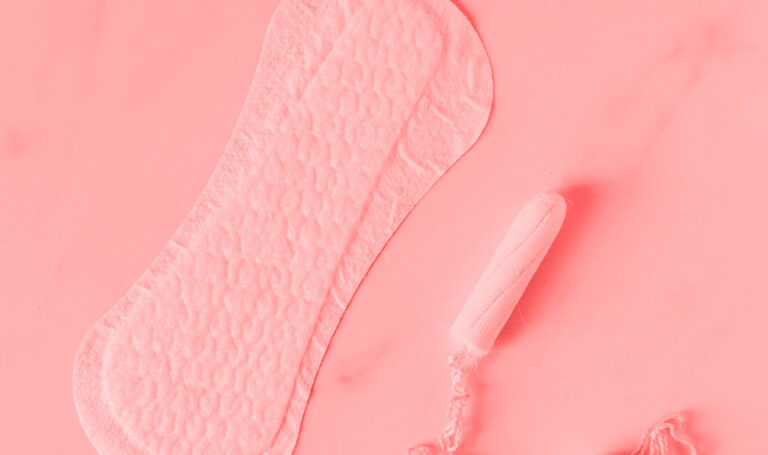Report reveals psychiatric hospital allegedly forced patients to reuse menstrual pads for days
A new report conducted by the National Survivor User Network (NSUN) has highlighted a seriously troubling issue within the National Health Service (NHS): psychiatric patients in secure units are being denied access to period products. Hat, a 26-year-old who uses gender-neutral pronouns, felt compelled to do their own research after a “humiliating” stay in a psychiatric ward where they were forced to wear the same pad for days or resort to using tissue in their pants after staff refused to provide sanitary products for “safety reasons.”
The NSUN has backed Hat’s insights into patients’ experiences. Despite the NHS stating that it “expects all hospitals to give patients access to the essentials of daily life,” Hat’s findings suggest that this expectation is not being met consistently.
During their stay in a psychiatric ward, Hat, who is originally from Weston-super-Mare, discovered that some hospitals “lock away” tampons and pads. This forced the 26-year-old to use tissue or wear the same pad for days. “It meant I’d resort to using tissue in my pants or wearing the same pad for days,” Hat explained.
To address these issues, Hat created specific guidelines, which have now been endorsed by several mental health and period charities, as well as the Royal College of Occupational Therapists. These guidelines emphasise providing appropriate products and information, prioritising patient dignity—especially when balancing safety concerns—and offering support for period pain.
Hat will present their findings at an upcoming event about period equality in parliament, organised by the charity Bloody Good Period. The research collected has revealed a consistent lack of support for patients during menstrual cycles and included conversations with staff, some of whom admitted they had not considered this issue before.
Rachel Grocott, chief executive of Bloody Good Period, told the BBC that the charity has frequently encountered this issue in recent years. Still, Grocott hopes the research will help meet the basic needs of women and people who menstruate in psychiatric healthcare: “I don’t think anybody should be worrying about their period on top of that.”
NHS England announced in 2019 that period products would be available to all patients who need them, a policy that Wales, Scotland, and Northern Ireland have also adopted.
However, unsurprisingly, many of the people Hat spoke to found that the NHS guideline was not being followed. Eleanor, for example, a 21-year-old who recently spent time in a mental health hospital, described the dehumanising experience of being watched by multiple staff members while changing, even though she understood it was for her safety: “I have been denied access to products, I’ve been denied access to underwear and I have experienced extremely restrictive practice.”
Sophina, another patient who participated in Hat’s research, shared a particularly distressing incident. On one occasion, when she requested sanitary products, two female staff members took her to her bed area and demanded that she “prove” she was on her period. “I had to pull down my trousers and my knickers, and I was quite shocked at the time but you can’t really question it, because you don’t have any power in that situation,” Sophina recalled.
Currently, one in five people who menstruate (21 per cent) in the UK are struggling to afford period products. This amounts to an estimated 2.8 million people, a million more than the year before, as reported by ActionAid.
Unfortunately, this is not the first time we’ve heard alarming stories coming from within NHS-ran psychiatric wards and mental health facilities. Recently, data uncovered in a joint investigation and podcast by The Independent and Sky News, revealed that tens of thousands of sexual assaults and incidents have been reported in NHS mental health hospitals, exposing a “national scandal” of abuse in psychiatric wards.
The investigation showed almost 20,000 reports of sexual incidents in the last five years across more than half of NHS mental health trusts.






